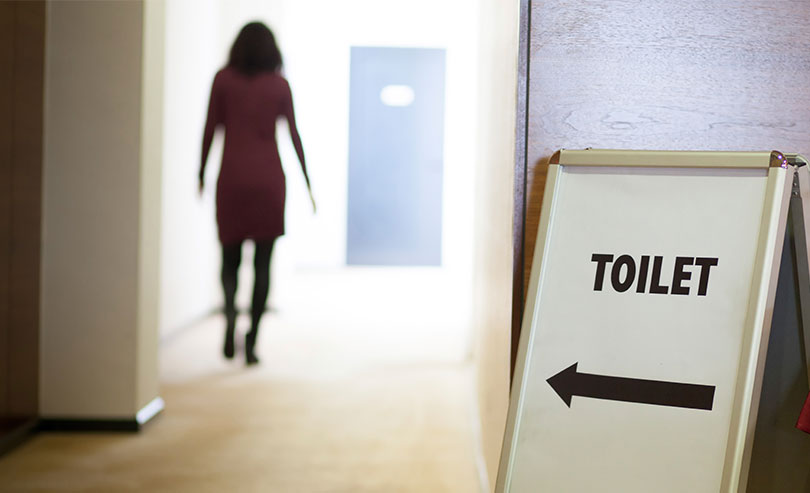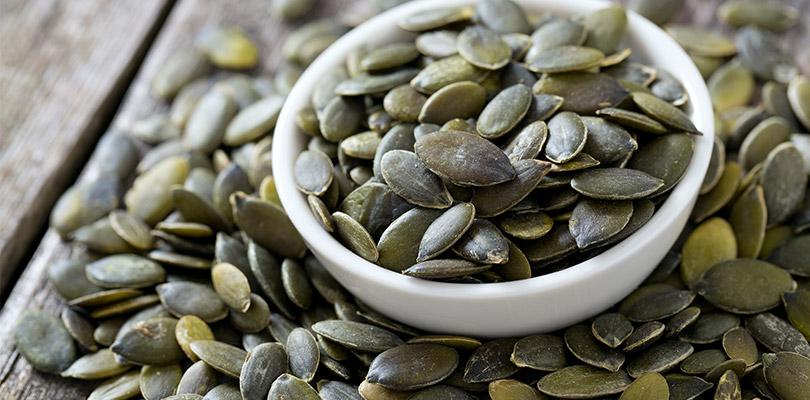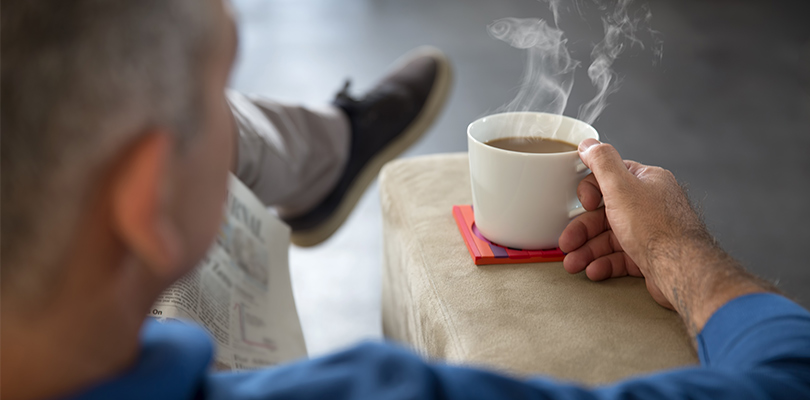
Photo Credit: Witthaya / istockphoto.com
3. Urinating Often Is a Normal Part of Aging
Although your chances of developing OAB rise as you get older, the condition doesn’t always wait for middle age. Some people begin to notice symptoms in early adulthood, and in rarer cases, childhood.
No matter when OAB hits, it’s not a natural and inevitable problem that you must learn to live with. Remember that OAB is a medical condition, which means it deserves careful medical treatment; ignoring the sudden urges to go, occasional leaks, and frequent trips to the bathroom isn’t going to do you any good.
Resources
Healthline (Overactive Bladder vs. Urinary Incontinence and UTI: What’s the Difference?)Healthmonitor (Top 5 Myths About Overactive Bladder)Uro Today (Beyond the Abstract - Misconceptions and miscommunication among aging women with overactive bladder symptoms)Vibrant Nation (OAB Fact vs Fiction)Healthguides (10 Myths about Overactive Bladder)Related Search Topics
You May Also Like
Pelvic floor exercises can help those living with overactive bladder strengthen their bladder and increase their bladder and bowel control.







